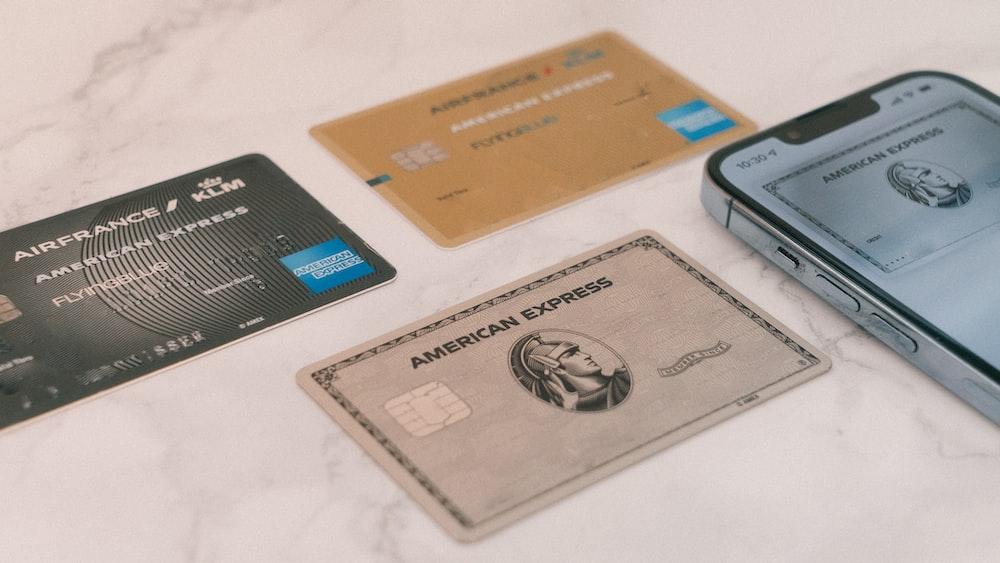While earning cash back on online shopping sprees is fantastic, unexpected charges can quickly turn that joy into frustration. But fear not, Canadian consumers! You have rights when it comes to disputed credit card transactions, and understanding the process of chargebacks and dispute resolution can empower you to recover your hard-earned cash. This blog equips you with the knowledge to navigate potential online shopping mishaps and protect your financial well-being.
Cash Back vs. Chargebacks: Understanding the Difference
It’s important to distinguish between cash back and chargebacks. Cash back is a reward offered by some credit cards, where you earn a percentage of your spending back in the form of points or credit towards your statement. Chargebacks, however, deal with situations where you believe a credit card transaction is unauthorized or incorrect.
Identifying Fraudulent Activity: When to Dispute a Charge
Here are some red flags that might indicate a fraudulent charge on your online shopping transaction:
· Unrecognized Transactions: You see a charge on your statement for a purchase you don’t remember making or for an unfamiliar retailer.
· Suspicious Activity: The purchase amount or location doesn’t align with your typical spending habits.
· Items You Didn’t Order: You receive a package containing items you never ordered, or the items differ significantly from what you purchased online.
· Recurring Charges: You notice recurring charges for a subscription service you never signed up for.
Your Rights and Responsibilities: Initiating a Chargeback
Canadian law, under the Payment Card Networks (PCNs) dispute resolution process, protects consumers in case of unauthorized or incorrect credit card transactions. Here’s how to initiate a chargeback:
· Contact Your Credit Card Issuer: As soon as you suspect fraudulent activity, contact your credit card issuer’s customer service department. They’ll guide you through the dispute resolution process.
· Gather Evidence: Collect supporting documentation for your claim, such as emails confirming order cancellations, screenshots of online store interactions, or police reports in case of identity theft.
· Dispute the Charge: Your credit card issuer will investigate your claim and may temporarily credit your account while the investigation unfolds.
The Chargeback Process: What to Expect
The investigation process can take several weeks. During this time, you might be contacted by your credit card issuer for additional information. Here’s what you can expect:
· Communication is Key: Maintain open communication with your credit card issuer and provide any requested information promptly.
· Understanding the Outcome: The investigation might conclude in your favour, resulting in a permanent credit to your account. However, your claim might be denied if insufficient evidence supports your case.
· Contesting a Denial: If you disagree with the outcome, you can file a formal complaint with your credit card issuer or pursue arbitration through the PCNs.
Protecting Yourself from Online Shopping Mishaps:
Here are some tips to minimize the risk of online shopping fraud:
· Shop Reputable Retailers: Stick to well-established online retailers with secure payment gateways and positive customer reviews.
· Review Statements Regularly: Monitor your credit card statements diligently and report any suspicious activity immediately.
· Use Strong Passwords: Utilize solid and unique passwords for your online shopping accounts and enable two-factor authentication where available.
Get the Best Rewards Credit Card in Canada
Looking for the top cash back credit cards in Canada? Discover the perfect rewards credit card tailored to your needs with Great Canadian Rebates. Our online platform will help you find and compare the best Canadian cash back credit cards, travel credit cards, and more. Plus, you can earn generous cash back rebates upon approval of credit cards applied for through our website.
Visit Great Canadian Rebates today for more information.


